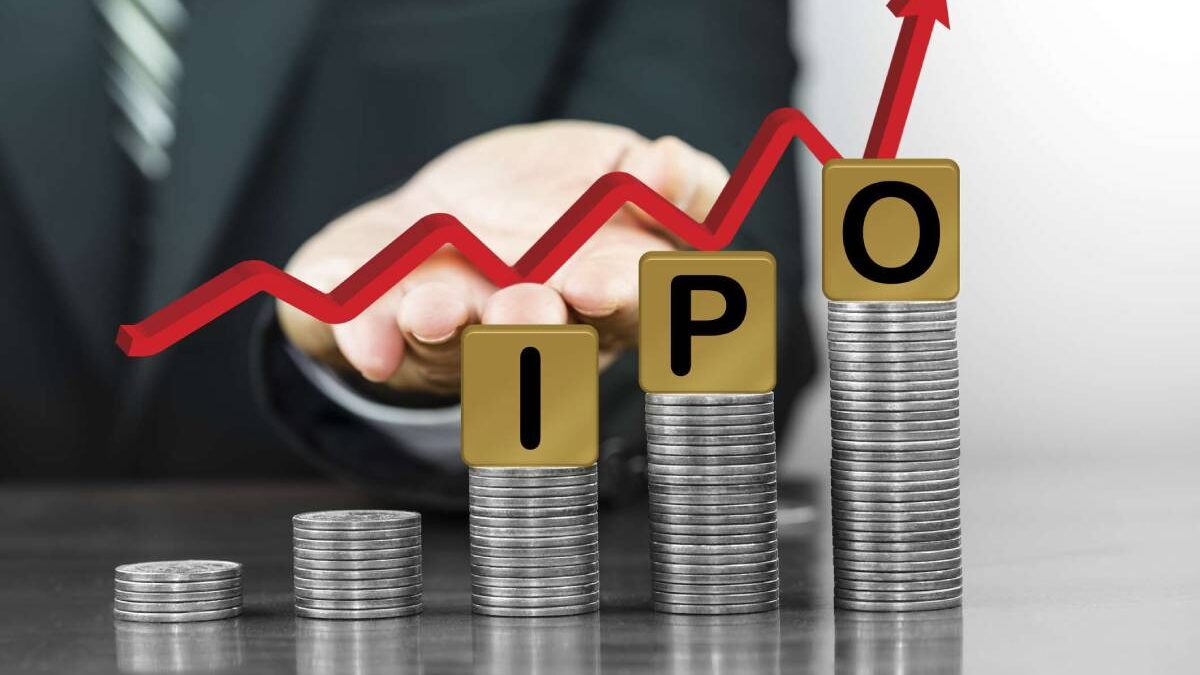Table of Contents
What is an Initial Public Offering?
An initial public offering (IPO) is how a business goes from being privately owned by a select group of investors to being publicly available for the general public to invest.
Understanding an Initial Public Offering (IPO)

- The first sale of stock is a long technique where speculation banks for the most part help the organization leading the first sale of stock to decide a sensible cost to sell its portions on the securities exchange.
- It ends with “Day D” when the shares become negotiable, saying ” go public .”
- With all of this process, the IPO can be an intense time for the company and investors, so it is important to understand certain risks associated with the IPO’s enthusiasm.
- After the Initial public offering, the overall population can trade shares.
At the point when an organization opens up to the world, its portions are recorded on the open market interestingly. - For a similar explanation, it very well may be enticing to purchase partakes in ongoing Initial public offerings since they frequently get a buzz in the media encompassing the occasion (consider your companions examining Facebook or Uber Initial public offerings).
- However, investing in an IPO can be somewhat risky and not appropriate for beginning investors or investors looking for stable or predictable investments. The price of shares can become very volatile.
Explanation of the Initial Public Offering
- Let’s say you have an emerging sports shoe business so good that you think you can join Nike and Adidas’s competition, but your company is still small.
- Along the way, you have spent a lot of money from your pocket. Perhaps you have borrowed or even asked the banks to continue growing.
- When you run out of ways to get money to cover expenses or even investments that you as the owner want to make. Where can you get more money (fast) to grow?
- This is where the first stock sale (Initial public offering) comes in. You open your organization to a public stock trade with the goal that other intrigued financial backers can contribute and become investors of your organization.
Why do Companies Make an Initial Public Offering?

Below we will list the three big reasons why companies choose IPO:
1. Financing the Business
- Startups need cash to operate and grow. Typically, entrepreneurs rely on money in their pockets to launch their idea. They then ask family and friends to invest in it, followed by investors and venture capitalists.
- Eventually, many businesses want the benefits of publicly traded stocks, which happens through an IPO, thanks to the stock market’s high liquidity.
- In short, it is an opportunity to raise “new” money, to grow the business by issuing new shares in exchange for cash.
2. Collection
Another benefit is liquidity for its early shareholders, including the founders, early employees, and initial investors.
Private: It is more difficult for them to convert the shares of your company into cash.
Public: They have shares that can sell in the stock markets open to the general public.
3. Maturity of the Company
- That is on the grounds that public organizations need to meet severe monetary announcing prerequisites for their investors (like quarterly profit reports) since public organizations need to freely share data.
What Occurs Upon the arrival of a First sale of stock?
What Happens on the Day of an Initial Public Offering?
Great day. There are champagne, nerves and anticipation. After weeks and months of preparation (and possibly years of the founders building the company), investment banks determine the final price that the shares will be offered to the public, based on their due diligence of the company and the interest of purchase shown by potential investors.
On “D-Day”, the shares begin to trade on the public markets, initially at the pre-appraisal price and then according to investor demand. This day can be intense, exciting and full of surprises.
Are Initial Public Offerings “Good” Investments?
- IPOs can be lucrative and tempting. Imagine if a brand that you use every day could be available to invest for the first time. Would they make you want?
- But beware! Investing in a company’s stock during or shortly after an IPO may not be appropriate for everyone, as discussed initially.
- Like any investment in stocks, the value of stocks can go up or down after an IPO. But peaks in either direction tend to be more dramatic in the early stages of trading stock.
- Investors are still deciding how much the shares should be worth.
- The increased media attention can lead to the hype, good or bad, for newly listed companies.
- Ultimately, it is impossible to predict whether it will be a ” good ” or ” bad ” investment because there are many reasons to invest, but we can assure you that it will be a day that will mark an investor’s history.
Conclusion
We learned that IPOs are nothing more and nothing less than the process of entering the stock market that a company does to continue to grow monetarily through different investors throughout the world.
Now that we know what the IPOs or the initial public offering are, we will learn how to identify that when a company is in the middle of this key process for its history, we traders will see a possible key investment opportunity.
Stop being a spectator and participate in the financial market to take advantage of the shares’ movements. It is easier than you think!
- Create your account at no cost;
- Deposit the funds to invest;
- Start trading in the financial market with a single click.
Also Read: CarlaHallBakes Life Culture: Cooking with Heart and Soul

